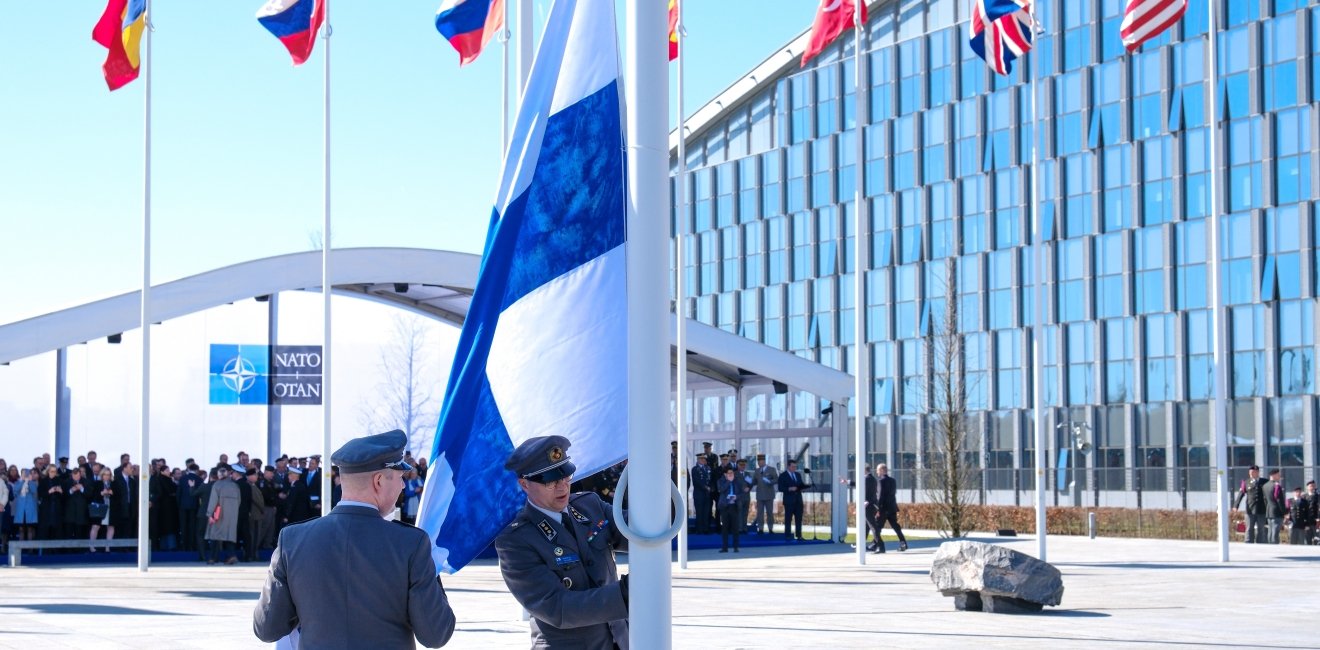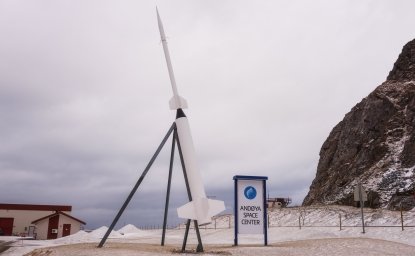Finland and Sweden’s NATO membership strengthens security and stability in the Euro-Atlantic Area, including the High North. As Finland and Sweden submitted their bids to become NATO allies, spotlight was on Ukraine and, by extension, on the Baltic Sea region. From a military-strategic point of view, it is vital to underline the linkage between the Baltic Sea and the Arctic and High North which cannot be separated from each other. For example, securing sea lines in the North Atlantic plays a key role in providing reinforcements from North America to Europe.
Another aspect, which Finland and Sweden’s membership will bring to the Alliance, is the significant increase of the Alliance’s land territory and airspace in the Arctic to complement NATO’s traditional maritime focus in the High North. When it comes to arctic capabilities, Finland has large ground forces and heavy artillery whereas Sweden has a sizable air force. When adding Finnish, Norwegian and Danish interoperable fighters, the Nordic countries can be called NATO’s Arctic Air Forces in Europe with their 200 modern fighter jets altogether. Already for long, the Nordic countries have engaged in cross border training in the northern parts of Scandinavia and Finnish Lapland. The next step to cooperate as allies is fairly easy to take based on the experience gained already as partners.
The Nordic countries have never forgot about the strategic importance of the Arctic, and they had established a well-functioning and pragmatic cooperation under the NORDEFCO umbrella more than a decade before Finland and Sweden’s NATO membership was on the table. The proximity of Nordic countries still make us each other’s first responders should any crisis occur in the North. Nordic cooperation strengthens NATO’s Deterrence and Defence in the Arctic. Together with the United States and Canada, the Nordics are NATO’s eyes and ears in the North.
More than anywhere else in the world, climate change is an existential threat to the Arctic. Temperatures are projected to rise nearly four times as fast than elsewhere in the globe. There is no arctic event or article without mentioning climate change, economic opportunities and geopolitical tensions. Unfortunately, Russia’s perspective to these matters is different from its neighbors: from the military-strategic point of view, the Arctic dimension remains vital for Russia regardless of the pace of climate change.
Russia has increased its multi-domain military build-up and presence and maintained significant military capabilities in the Arctic. The strategic importance of the Northern Fleet, Arctic sea-lanes and natural resources for Russia have not diminished. The great losses Russia has experienced in Ukraine have not had a direct impact on the capabilities it possesses in the North apart from land forces. Russia’s capability to disrupt Allied reinforcements and freedom of navigation across the North Atlantic is a strategic challenge to the Alliance.
China too has developed its capacity to defend its interests in the region, and it has also intensified its cooperation with Russia. This is something we follow closely frequently exchange views about in the Nordic countries. As is well known, China has a long-term and wide-ranging interest in the Arctic. China might take advantage of its partnership with Russia in order to ease its way to the Arctic. This is why the Sino-Russian economic, technological and military cooperation in the region is important to follow.
Although Finland is accustomed to operate in arctic conditions and the nation’s arctic IQ has to be at a high level to keep the society rolling, it is in Finland’s interests to share our know-how and snow-how as much as possible with our Allies.
The Alliance needs to be prepared to fight in the north. This will require a renewed focus on army and air force as well as a new level of Arctic expertise. The like-minded Arctic allies, in cooperation with the United Kingdom, which is increasingly investing in its ability to operate in Northern conditions, should lead here.
Therefore, Finland is exercising together with its neighbours and other allies in arctic conditions. The year 2024 will mark a record high number of exercises in which Finnish Defence Forces will be participating abroad. By exercising the plans made and getting firsthand knowledge of the Alliance’s northern corner’s conditions, we strengthen the entire Alliance and helps us to maintain peace and stability in the North. Despite rising tensions also in the Arctic, we have not witnessed an increase in military confrontation in the Arctic. It is very much in Finland’s interests that this will the situation in the years to come.







